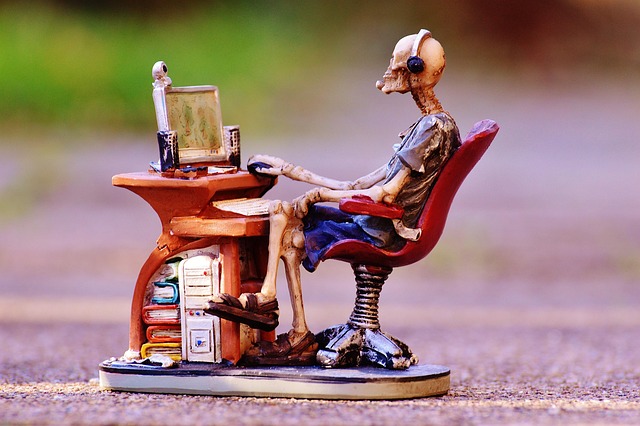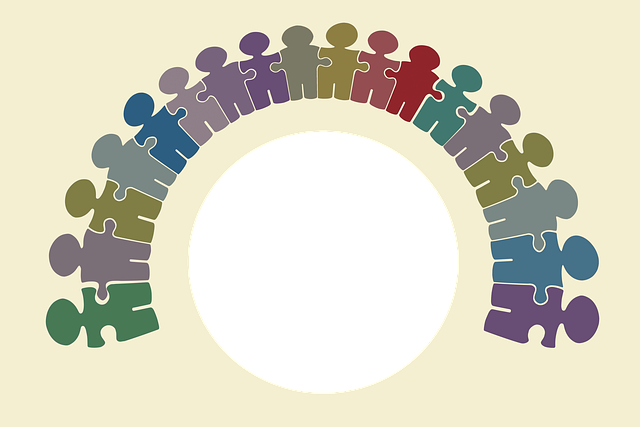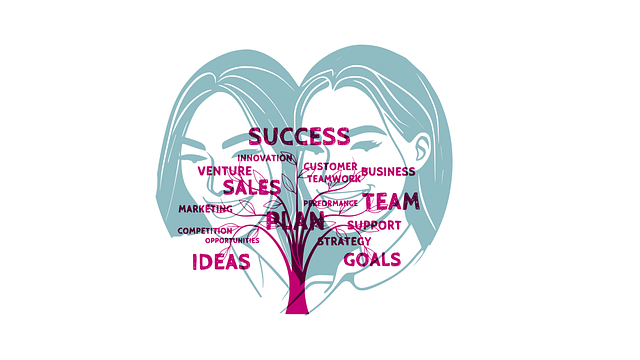Therapeutic group programs in South Florida provide effective mental health and addiction recovery through peer support networks. These programs create safe spaces for individuals to share experiences, learn from one another, and build resilience. Addiction support groups, including CBT, MI, and dual diagnosis groups, foster community, understanding, and accountability, aiding long-term recovery. Success depends on aligning personal goals with program focus and finding a supportive community for open communication and celebration of milestones.
“Therapeutic group programs are transforming mental health and addiction recovery in vibrant South Florida. This comprehensive guide delves into the powerful dynamics of these supportive environments, exploring how they facilitate healing. From understanding the local landscape to discovering diverse group therapy types, we uncover the benefits that make addiction support groups an effective cornerstone of treatment. Learn how to navigate and join a program tailored to your unique needs in this dynamic region.”
- Understanding Therapeutic Group Programs in South Florida
- Benefits of Addiction Support Groups
- Types of Group Therapies Available
- Finding and Joining a Suitable Program
Understanding Therapeutic Group Programs in South Florida

Therapeutic group programs in South Florida offer a unique and effective approach to mental health and addiction recovery. These programs bring together individuals facing similar challenges, creating a supportive environment where participants can share experiences, learn from one another, and benefit from collective healing. In these settings, peer support plays a pivotal role, fostering connections that can be transformative for long-term recovery.
Addiction support groups take various forms, including therapy groups and group counseling sessions. Facilitated by trained professionals, these gatherings provide a safe space for open dialogue, where individuals can explore their struggles, gain insights into their addictions, and develop coping mechanisms. Through active participation in peer support networks, members enhance self-awareness, build resilience, and cultivate a sense of community—all essential components in the journey towards lasting mental well-being and sobriety.
Benefits of Addiction Support Groups

Addiction support groups play a pivotal role in the journey towards mental health and addiction recovery. These therapeutic group programs offer a safe and supportive environment where individuals struggling with substance abuse or mental health issues can connect with peers who have faced similar challenges. The power of peer support cannot be understated; sharing experiences, strategies, and emotions within these groups fosters a sense of community and understanding that traditional therapy sessions might not provide. Members learn from one another, gaining valuable insights into coping mechanisms and relapse prevention techniques.
Moreover, addiction support groups facilitate group counseling, allowing participants to benefit from collective wisdom and shared resilience. This dynamic encourages open dialogue, breaks down feelings of isolation, and promotes a sense of accountability. Regular attendance at these therapy groups enables individuals to build strong support networks, enhance self-esteem, and develop healthier coping habits—all crucial factors in sustaining long-term recovery.
Types of Group Therapies Available

In South Florida, a variety of group therapy programs cater to different needs in mental health and addiction recovery. Among the popular types are cognitive-behavioral therapy (CBT) groups, where participants learn skills to identify and change negative thinking patterns and behaviors. These sessions foster peer support by encouraging open discussions about challenges and successes in recovering from addiction or managing mental health conditions.
Additionally, motivational interviewing (MI) therapy groups focus on helping individuals find the motivation to make positive changes in their lives. MI combines cognitive and behavioral techniques to enhance self-efficacy and commitment to change. Other options include dual diagnosis support groups that address both mental health and substance use disorders simultaneously, ensuring comprehensive care. These group counseling sessions create a safe space for individuals to connect with peers facing similar struggles, fostering a sense of community and shared understanding in the journey towards recovery.
Finding and Joining a Suitable Program

Navigating the landscape of mental health and addiction recovery services in South Florida can be a challenging task for individuals seeking help. The good news is that there are numerous therapeutic group programs available, each designed to cater to specific needs. Finding a suitable program involves considering factors like the type of issues addressed, the therapeutic approach, and the level of support offered. Many reputable organizations provide addiction support groups, peer support, and group counseling sessions, ensuring individuals receive comprehensive care.
When joining a program, it’s essential to assess one’s readiness for group therapy. Group counseling environments foster open communication and peer support, creating a safe space for sharing experiences. Individuals should look for programs that align with their personal goals and offer a supportive community where they can feel comfortable discussing challenges and celebrating milestones. With the right fit, these therapy groups can be life-changing, providing lasting tools for recovery and improved mental well-being.
Therapeutic group programs, including addiction support groups, have proven to be invaluable resources for mental health and addiction recovery in South Florida. By fostering a sense of community and shared experiences, these groups offer a supportive environment where individuals can learn from one another, develop coping strategies, and build resilience. Whether through structured therapies like Cognitive Behavioral Therapy (CBT) or more informal peer-to-peer support, participation in group programs has been shown to enhance recovery outcomes, reduce relapse rates, and promote lasting wellness. For those seeking assistance with addiction or mental health challenges, connecting with the right support group can be a transformative step towards a brighter future.

